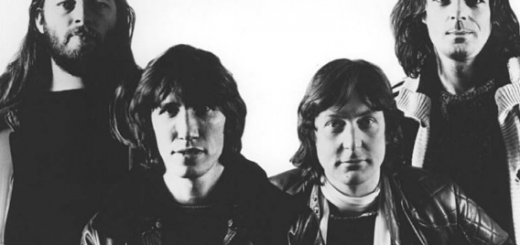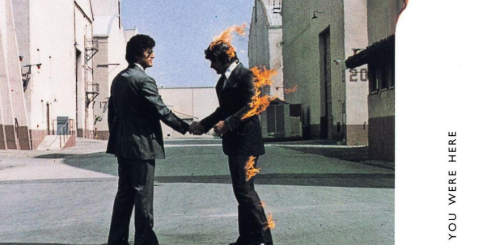Poles Apart by Pink Floyd Lyrics Meaning – Unveiling the Veil of Nostalgia and Regret
Lyrics
And did you see it was all going to be so right for me?
Why did we tell you then
You were always the golden boy then
And that you’d never lose that light in your eyes?
Hey you, did you ever realize what you’d become?
And did you see that it wasn’t only me, you were running from?
Did you know all the time but it never bothered you anyway?
Leading the blind while I stared out the steel in your eyes
The rain fell slow, down on all the roofs of uncertainty
I thought of you and the years and all the sadness fell away from me
And did you know? (And did you know?)
I never thought that you’d lose that light in your eyes
Pink Floyd’s ‘Poles Apart’ is one of those tracks that doesn’t just exist; it breathes a story, exuding an evocative mixture of nostalgia, pain, and self-reflection. Part of their 1994 album ‘The Division Bell,’ the song is often overshadowed by other Pink Floyd classics. Yet, it is a lyrical masterpiece that offers insight into the temporal and emotional divisions that marked the band’s turbulent history.
Peering into the complexity of human relationships, especially the estranged ties between former bandmates, the song teases apart layers of personal disunity. It’s a somber reflection wrapped in the echoing laments of Gilmour’s guitar – a soundscape embodying the elusive quest for harmony within discord.
The Gold in the Grit: Nostalgia’s Double-Edged Sword
The opening lines of ‘Poles Apart’ hark back to a more innocent time, speaking directly to a ‘golden boy’ whose potential once seemed limitless. The song wades through the waters of who we were and what we become, hinting at the dissolved optimism of youth.
Yet, even in its nostalgic embrace, the lyrics foreshadow a duality. They suggest a discord between the idealism of the past and the reality of the present. The words pose a question to both the addressed and the listener: did you foresee this fissure between expectation and reality? It’s a powerful introduction that establishes the core tensions of the song.
Running from Ghosts: The Elusive Chase for Identity
The haunting inquiry, ‘Hey you, did you ever realize what you’d become?’ thrusts us into the heart of inner turmoil. It’s a reflection on the masks we don, the personas we adopt as armor, and the identities we run from when the veneer of success begins to crack.
The phrase ‘Leading the blind while I stared out the steel in your eyes’ is particularly piercing, painting a picture of betrayal and disillusionment. While one leads blindly, the other has seen too much, their eyes hardened to the unforgiving nature of their reality.
Eyes That Lost the Light: The Poignant Reflection
Repeated inquiries about the light in one’s eyes function as a leitmotif, with ‘Poles Apart’ fixating on an elemental spark that becomes tarnished or lost. This metaphor illuminates a common fear of dimming vigour and the mournful acknowledgment of change.
The song thus transforms into a eulogy for what was once bright and hopeful within us all, a recognition of the inevitable dimming that comes with age, estrangement, or the simple passing of life’s unpredictable seasons.
The Hidden Meaning: Pink Floyd’s Internal Dialogue
The lyrics pulse with an undercurrent alluding to the storied rifts within Pink Floyd itself—most notably between David Gilmour and Roger Waters, and the lingering shadow of Syd Barrett. The ‘golden boy’ could well be a composite figure, representing both the lost innocence of Barrett and the departed fellowship with Waters.
The song is a poignant tribute as well as a subtle accusation – an admission of the complexities within the band’s ties to each other, mirroring the broader human condition of shifting relationships and the pain they sometimes carry.
‘The Rain Fell Slow’: Embracing Sadness as Catharsis
One of the most emotionally charged moments is the stanza where ‘The rain fell slow, down on all the roofs of uncertainty.’ It evokes a scene of contemplative solitude in which each raindrop is a memory, collectively washing away the sorrow tied to what is lost or left unsaid.
In this moment, the song doesn’t just tell a story; it transforms into a vessel for the listener’s own reflections. This coupling of music and metaphor invites a communal experience of healing – a collective exhaling of faded but unforgotten yesteryears.








